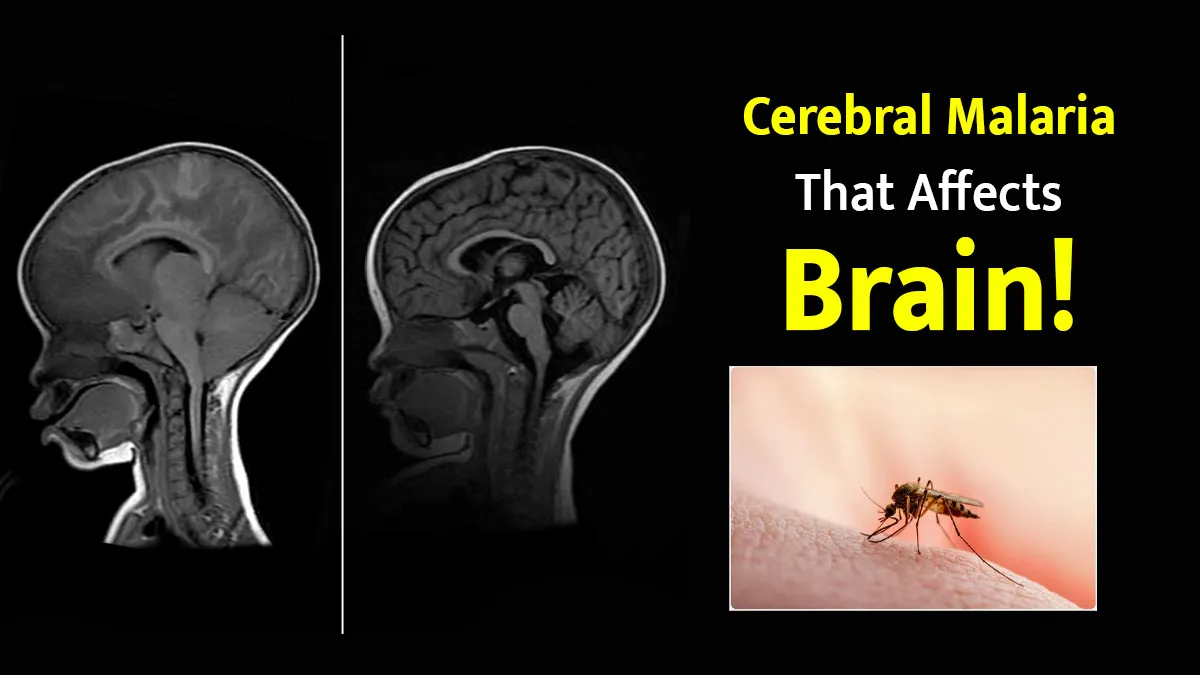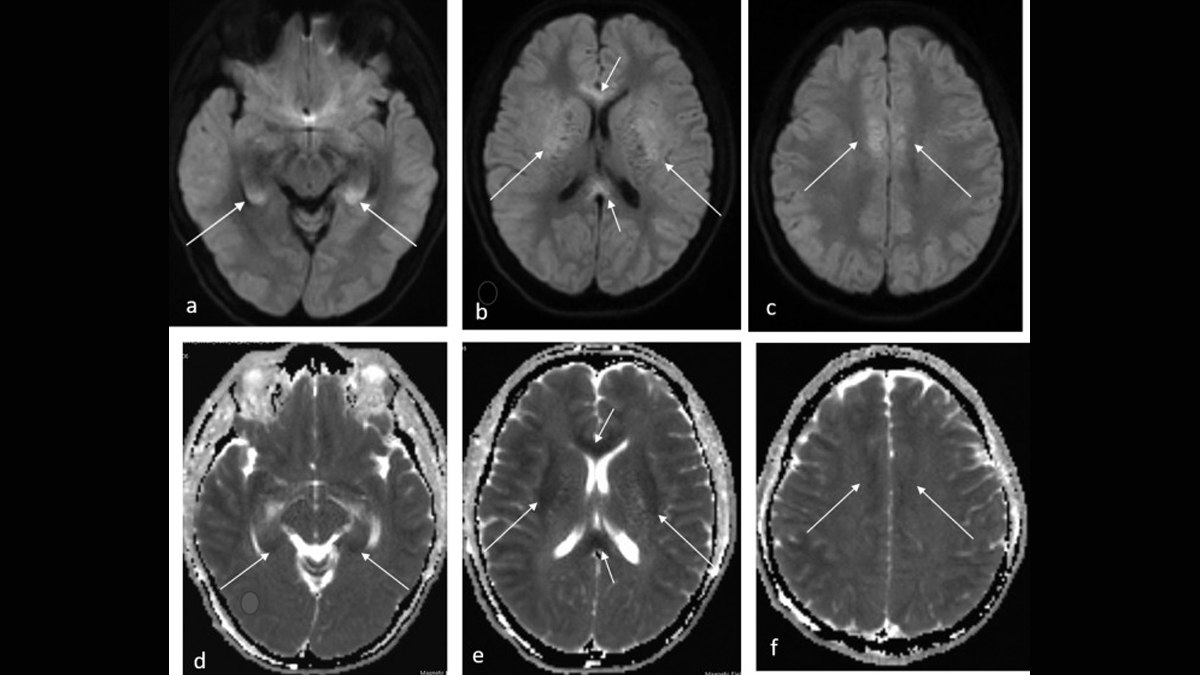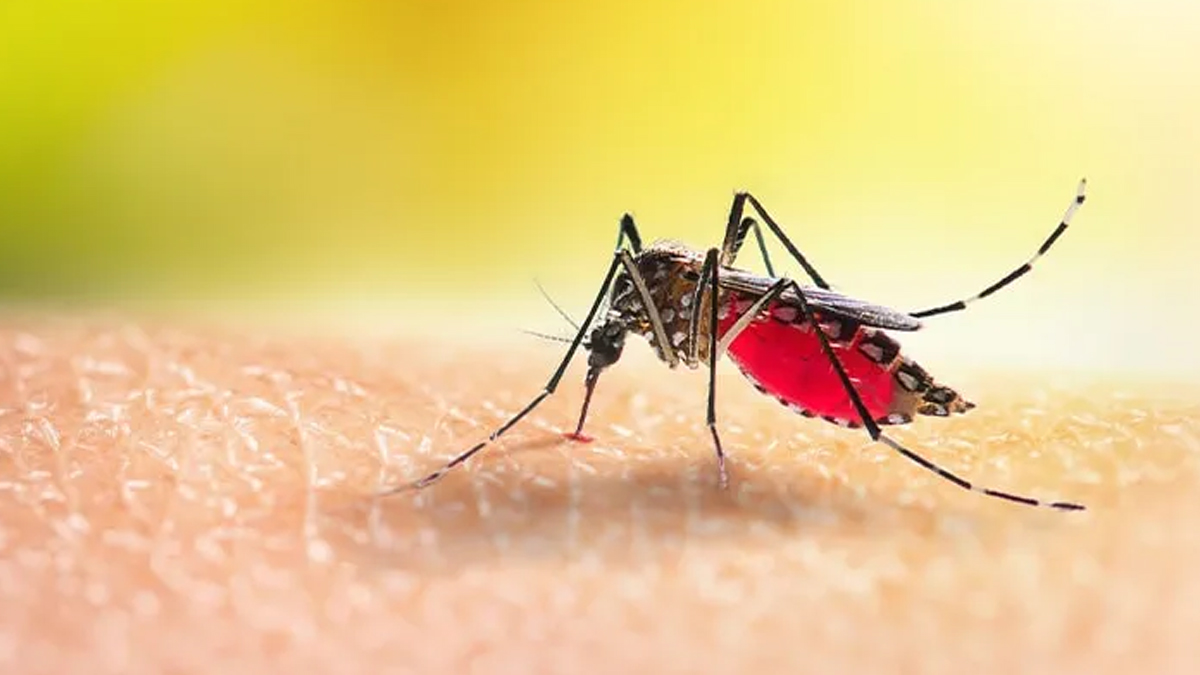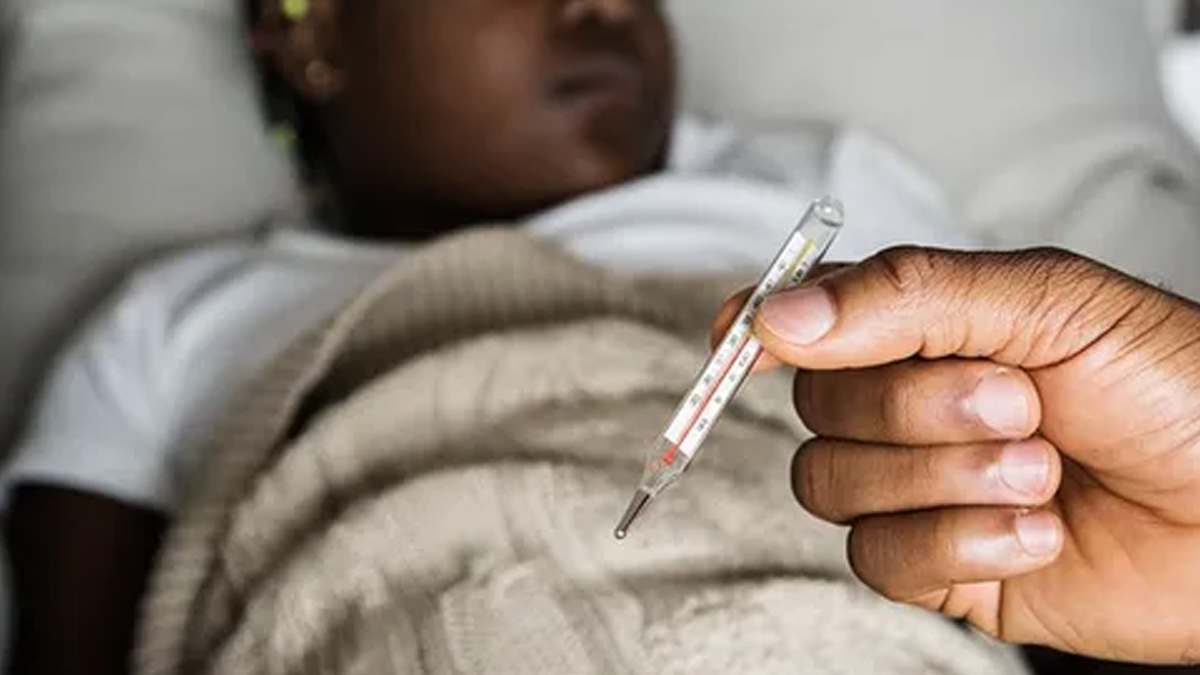
Most of us know that mosquitoes can cause problems like malaria. Just one bite can make you very sick. But did you know there’s a type of malaria that can harm your brain? This is called cerebral malaria. It’s rare but very serious. If you live in a place where malaria is common, or if you travel to such places, it’s good to know what cerebral malaria is and how to protect yourself.
Table of Content:-
What is Cerebral Malaria?![Cerebral Malaria 2 - 2025-07-09T150425.161]()
Dr Shalmali Inamdar, Consultant, Physician and Adult Infectious Diseases, Kokilaben Dhirubhai Ambani Hospital, Mumbai, explains it simply: “Cerebral malaria is a very dangerous form of malaria. It happens when the malaria parasite, called Plasmodium falciparum, blocks blood flow to the brain. This can cause the brain to swell and get inflamed. It can happen to anyone, but it is especially risky for young children and pregnant women.”
How Does Malaria Reach the Brain?![Cerebral Malaria brain 1 - 2025-07-09T150430.539]()
Malaria usually starts with a mosquito bite. The parasite gets into your blood and infects your red blood cells. In cerebral malaria, these infected cells get stuck in the tiny blood vessels in your brain. This blocks blood and oxygen from reaching brain cells.
Dr Inamdar says, “When the parasite blocks the blood vessels in the brain, the brain does not get enough oxygen. This can make the brain swell and stop working properly. Even after treatment, some people may have trouble with memory, speech, or movement.”
ALSO READ: How Does Malaria Affect Pregnant Women? Symptoms, Risks, and Treatment Explained
Symptoms of Cerebral Malaria to Watch Out For
Cerebral malaria can get worse very quickly. The first signs are usually a high fever and a bad headache. But things can get much more serious in just a few hours. Dr Inamdar warns, “Watch for signs like confusion, fits, or if someone cannot wake up. Sometimes, a person can go from having a fever to being in a coma in just one day. This is why it is so important to get help fast.”
Here are some common symptoms:
- High fever
- Bad headache
- Feeling confused or acting strangely
- Seizures (fits)
- Trouble waking up or staying awake
- Passing out or going into a coma
How is Cerebral Malaria Treated?![Cerebral Malaria treatment 3 - 2025-07-09T150427.203]()
Cerebral malaria is a medical emergency. The best chance for recovery is to get to a hospital right away. Doctors give strong malaria medicines through a vein, not just as tablets. They also treat fever and seizures and make sure the person gets enough oxygen. Dr Inamdar adds, “The most important thing is to start treatment as soon as possible. If you wait too long, the brain can get damaged, and it may be too late to help.”
Even if someone gets better from cerebral malaria, they might not be the same as before. Some people have problems with memory, speaking, or moving their arms and legs. Children who survive can have trouble learning or may get seizures later.
How Can You Prevent It?
The good news is that you can lower your risk. Here’s what helps:
- Sleep under a mosquito net, especially one treated with insecticide
- Use mosquito repellent on skin and clothes
- Wear long sleeves and pants, especially at night
- Take malaria prevention medicine if you are in a high-risk area
Dr Inamdar adds, “Simple steps like using nets and repellents can save lives. If you have a fever after visiting a malaria area, see a doctor right away.” A study published in the journal Frontiers in Immunology found that even with good treatment, about one in four people with cerebral malaria may die. Many survivors have long-term problems with thinking, talking, or moving.
Conclusion
Cerebral malaria is not just a bad fever. It can harm the brain and change lives forever. The key is to act fast. If you or someone you know has a high fever and confusion after a mosquito bite, get help right away. Protect yourself with nets, and repellent, and by seeing a doctor if you feel sick. Quick action can save a life.
Also watch this video
How we keep this article up to date:
We work with experts and keep a close eye on the latest in health and wellness. Whenever there is a new research or helpful information, we update our articles with accurate and useful advice.
Current Version


